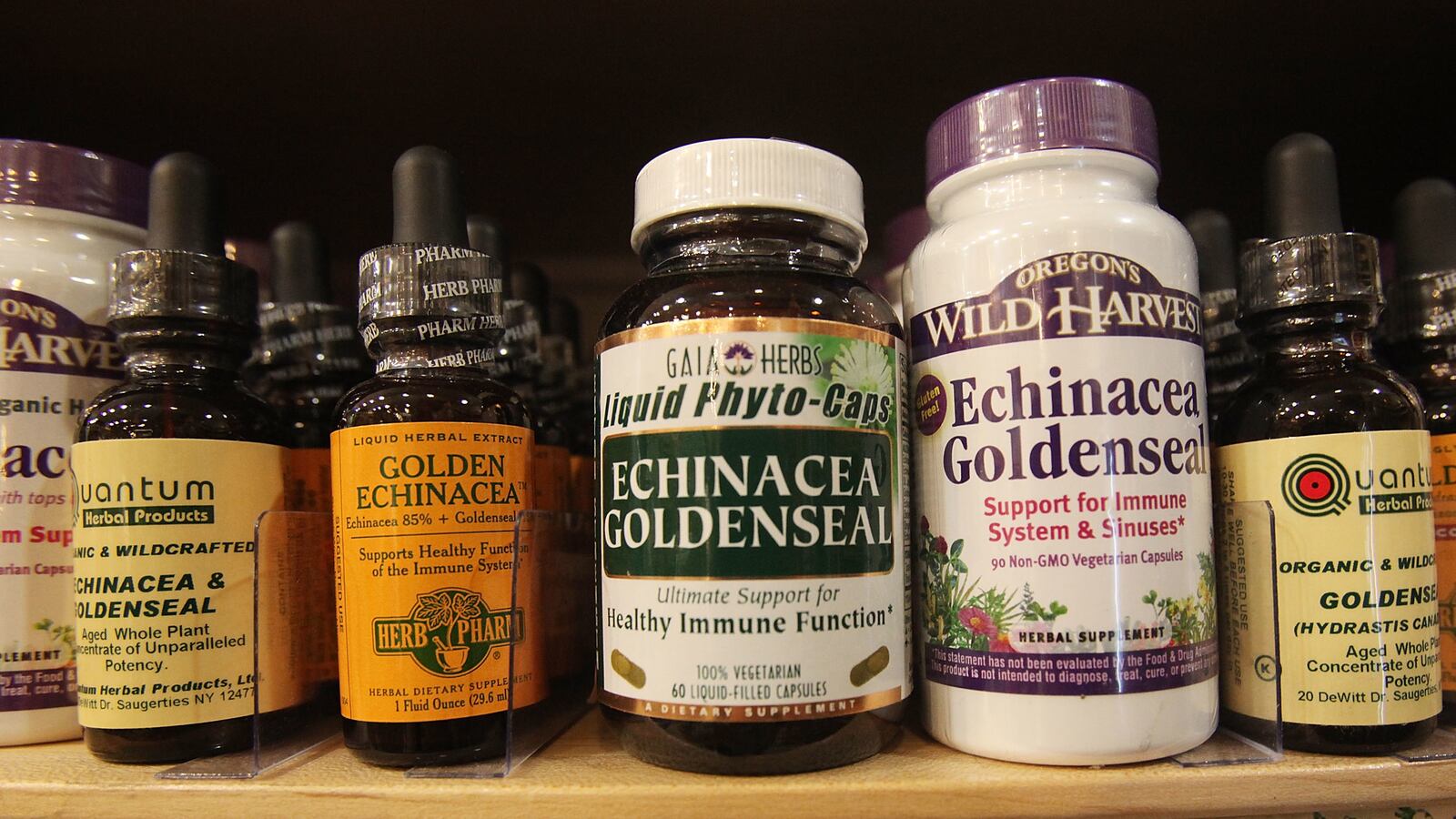
My CNN column cautiously celebrates the likelihood that freer speech is coming to American medicine:
Red wine in moderation has been shown to reduce the risks of heart disease. Enjoy a glass with dinner tonight.
Those words accord with the best available medical knowledge. When I write them here, I am protected by the First Amendment. If, however, a winemaker were to include those words on a wine label, that winemaker would find itself in serious legal trouble.
Fortunately, most of us have a pretty good idea of the health risks and benefits of wine. But when it comes to other important health-affecting products, we depend on doctors, and they, in turn, depend on medical researchers. The free flow of information among medical researchers is regulated very nearly as tightly as advertising by winemakers but by a different government agency: the Food and Drug Administration.
The FDA tells pharmaceutical companies what they may say about their products. Any use of the drugs must be approved by the FDA before companies can recommend that use. They are forbidden to mention anything beyond that. Up until last week anyway.
Last week, the U.S. Second Circuit Court of Appeals decided a case (PDF) that could that could dramatically expand the free-speech rights of pharmaceutical companies, allowing them to share unapproved information about the drugs they make.
The case involved a salesman who talked too much.
Alfred Caronia worked as a sales representative for Orphan Medical Inc., now called Jazz Pharmaceuticals, the company that makes Xyrem, a drug approved to treat a severe version of the sleep disorder narcolepsy. This is a rare condition, and the market for Xyrem was small, about $20 million a year in 2005.
Caronia's job was to promote the use of Xyrem to physicians. He seems not to have been very successful at it. In 2005, the federal government began an investigation into Caronia for illegally promoting the drug for uses unapproved by the Federal Drug Administration.
He was recorded saying that Xyrem could be used on patients under age 16, unapproved by the FDA. Caronia also suggested that Xyrem could be used to treat fibromyalgia, ditto unapproved. He finally suggested that the drug could be used to treat excessive daytime sleepiness, a use unapproved at the time but approved later.Caronia and an associate were sentenced to a year's probation.
All Caronia did was to speak. One of his claims was corroborated later by the FDA itself. The FDA made no contention that any of his other claims were false or misleading. He was punished not for speaking fraudulently but for speaking without permission.
Other people are allowed to speak about off-label use of drugs. If you take aspirin for your heart, but have not had a previous heart attack, you are engaged in an off-label use of drugs right now: FDA-approved labels only mention aspirin as a remedy against recurrent heart trouble. Yet many doctors recommend aspirin as a prophylactic for everyone at risk of heart disease.
Doctors freely debate this issue. So do many laypeople. The only people forbidden to join the discussion are the companies who actually make aspirin.
Caronia's words became a crime only because he happened to be an employee of the company that made Xyrem. How, Caronia and his employer asked, can that be constitutional?
On December 3, a 2-to-1 majority of the Second Circuit agreed with Caronia and Jazz: It's not.
The court said, "the government cannot prosecute pharmaceutical manufacturers and their representatives ... for speech promoting the lawful, off-label use of an FDA-approved drug."
This is big, big news for the drug industry.
The rest of the column can be read at CNN.





